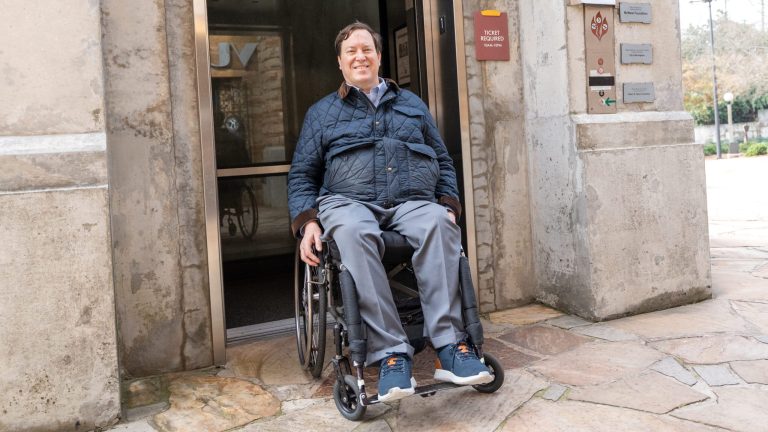State acknowledges need for better sewage spill notification – a “study” and improved rules should follow
Reading time: 3 minutes

Yesterday, Alabama’s Environmental Management Commission (“EMC”) voted to deny a statewide petition filed by nine water protection groups to initiate rule-making to require better public notification of sewage spills and overflows. In doing so, the EMC announced plans to study the issue and consider rule-making at a later date to improve public notification of sewage spills.
“We are disappointed the EMC did not accept our petition and quickly begin reforming Alabama’s public notification regulations for sewage spills, given that water use season is upon us,” Black Warrior Riverkeeper Nelson Brooke commented.
“However, we are pleased the EMC agrees Alabama needs better public notification regulations. We will work with the EMC in crafting public notification rules to guide necessary public notice, which will ensure nobody is unknowingly swimming, fishing and recreating in sewage,” Brooke added.

The nine water protection groups that submitted the petition included: Alabama Rivers Alliance, Black Warrior Riverkeeper, Cahaba Riverkeeper, Choctawhatchee Riverkeeper, Coosa Riverkeeper, Friends of Hurricane Creek, Little River Waterkeeper, Mobile Baykeeper, and Tennessee Riverkeeper.
Last week, Bham Now published an article titled ” Spot the two boys in the photo? They were swimming downstream of a 4000 gallon sewage spill… nobody told them” detailing one of the individual cases presented in the petition. The water protection groups also released an interactive map, earlier this month documenting the 1271 reported sewage spills in 2016. That map had registered over 32,000 views in the first week of its release.

“Faced with the undeniable fact that the public notification process in Alabama is broken, the EMC made the correct decision to continue the process by sending the issue to the rule-making committee. This was virtually the only way that the EMC could move forward and bring all the stakeholders together because of the time limitations written into their rules, stated Mitch Reid, Program Director at the Alabama Rivers Alliance.
“We appreciate the commissioners’ willingness to pursue this issue and we look forward to working with all stakeholders to find a better way to keep Alabama citizens safe as they continue to use and enjoy our wonderful water resources,” Reid concluded.
According to the water protection groups, in the coming months they anticipate working with the EMC and various stakeholders in crafting public notification rules to guide necessary public notice, which will ensure nobody is unknowingly swimming, fishing and recreating in sewage.



